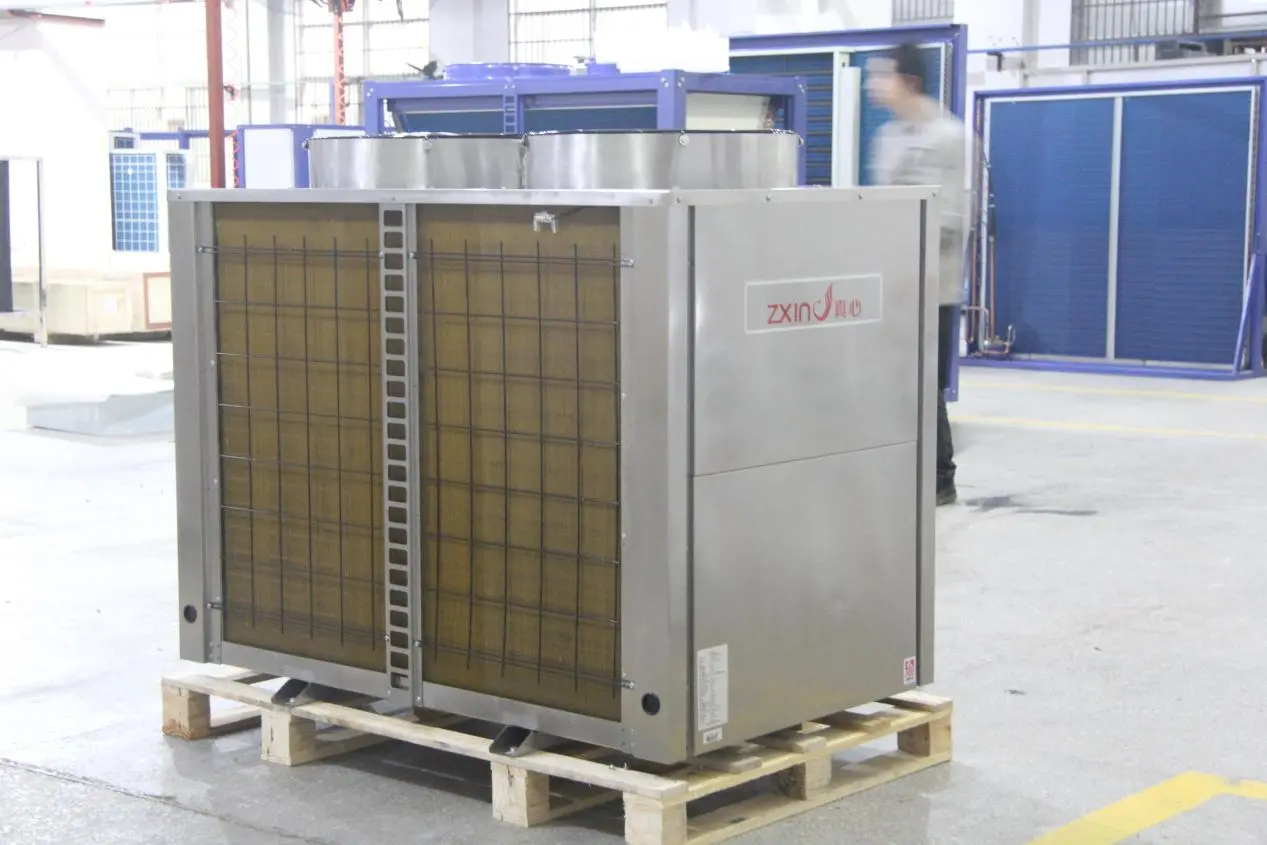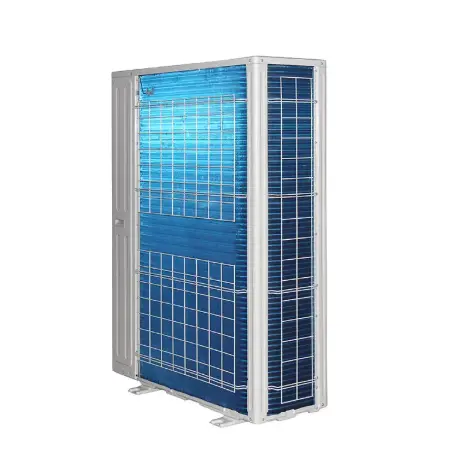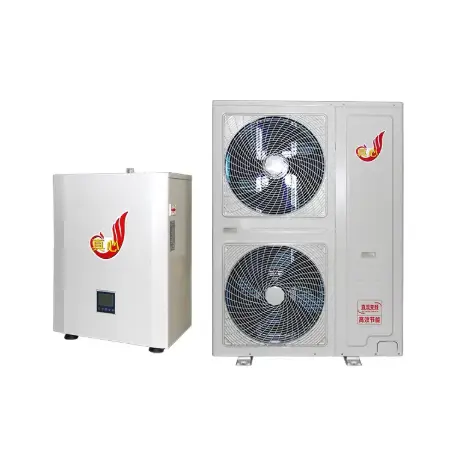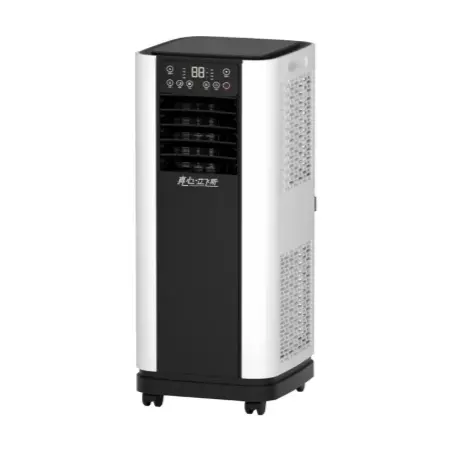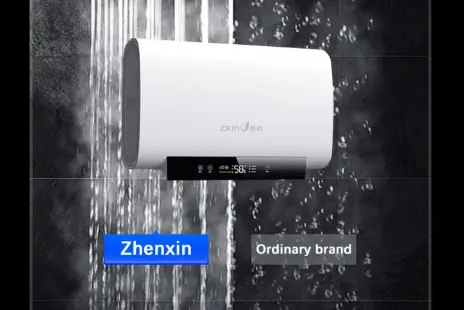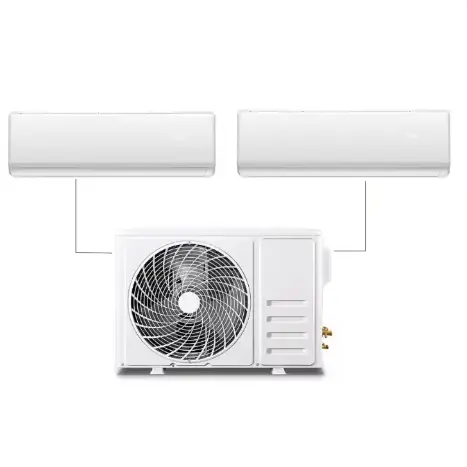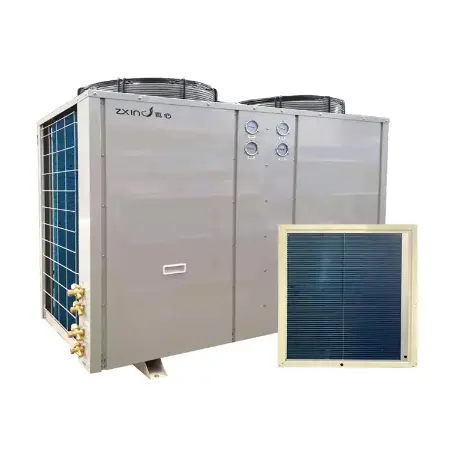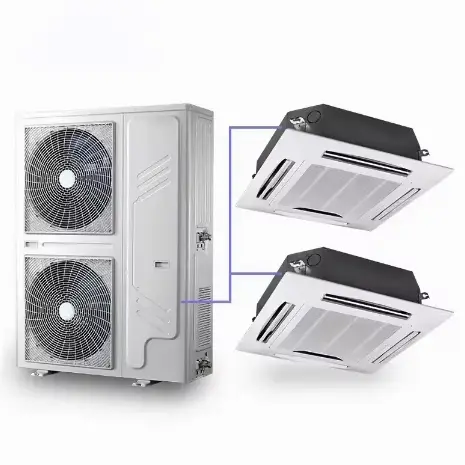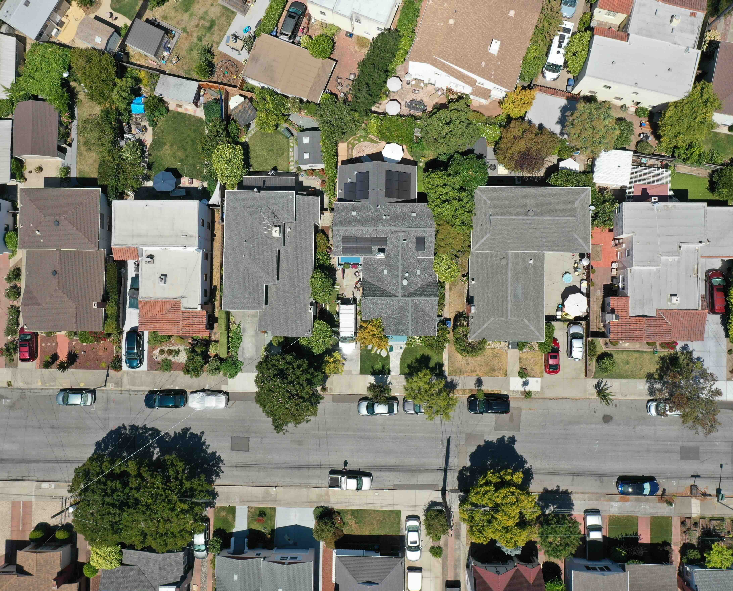The need for heat pumps in Europe
Over the past two years, Heat Pumps have been actively deployed across Europe, where they are seen as a key pillar in the transformation of heating systems. The European Commission, in its “REpowerEU” program announced last May, explicitly calls for doubling the current rate of heat pump deployment to a cumulative total of 10 million installations over the next five years.
Also optimistic about heat pumps is Musk. At Tesla's Investor Day in March, Musk unveiled the much-anticipated Ambition III, which depicts a fully sustainable path to the world. In addition to the more familiar photovoltaics, energy storage, electric vehicles and hydrogen, Musk focused on heat pumps, a technology that is not well known to the general public. In the five steps mentioned by Musk, the third step, “22%”, means Let homes, businesses, industrial heating (cooling), from air conditioning heating, etc. are shifted to heat pumps, which can effectively save energy and reduce the use of fossil fuels by 22%.
“Heat pumps can transfer energy from the outside of the house to the inside of the house, which will reduce energy consumption for heating buildings by a factor of three.” Musk said. In Musk's view, heat pumps will have more carbon reduction potential than electric cars and will play a major role in the future development of the planet's sustainable energy economy. He said that although Tesla does not have heat pump-related products for the time being, it may produce domestic heat pumps for sale to the market in the future.
Since the Russian-Ukrainian conflict, the main countries in Europe are facing more and more serious Russian gas “cut-off” situation. At the same time, European countries are also accelerating the transformation of energy structure, hoping to get rid of energy dependence on Russia. In this context, accelerate the promotion of heat pumps to replace natural gas heating is not only to alleviate the need for winter heating, but also to accelerate the transformation of the energy structure of Europe in the medium and long term an important part.
Why heat pumps?
Heat pump is a device that transfers thermal energy from a low level heat source to a high level heat source, and it is also a new energy technology that has attracted much attention around the world. It is different from the familiar mechanical device that can increase the potential energy - “pump”; heat pumps are usually first from the natural air, water or soil to obtain low-grade heat energy, after the power to do the work, and then provide people with high-grade heat energy can be utilized. Compared with other heating methods, the primary energy consumption of air-source heat pumps is only 27% of that of electric boilers, 49% of that of coal-fired boilers and 59% of that of gas-fired boilers.
Heat pumps are considered a climate-friendly alternative to traditional heating systems (such as gas or oil-fired heating), with thermal efficiencies of 300%-400% or more, i.e., consuming 1 kWh of electricity can move 3-4 times more heat energy. Heat pumps rely on electricity to run, and if the electricity is generated from renewable sources, the heating system is effectively climate neutral.
Heat pumps are like inverted refrigerators. They absorb heat from the environment to heat the house and water, and use only a quarter of the energy of a gas boiler. Heat pumps use clean electricity and are more efficient, so the German government wants to make them the number one heating system and plans to install 500,000 new heat pumps a year from 2024 onwards, reaching a market share of six million by 2030.
Boilers running on fossil fuels are the main reason for the EU's high reliance on natural gas and why buildings are off track in terms of decarbonization. According to data published by the European Heat Pump Association, the European heat pump market broke a new record in 2022, selling around 3 million units, a growth of almost 38%. The study suggests that if the EU's target of installing a further 60 million heat pumps by 2030 is met, the demand for natural gas in buildings will fall by 40% between 2022 and 2030.
